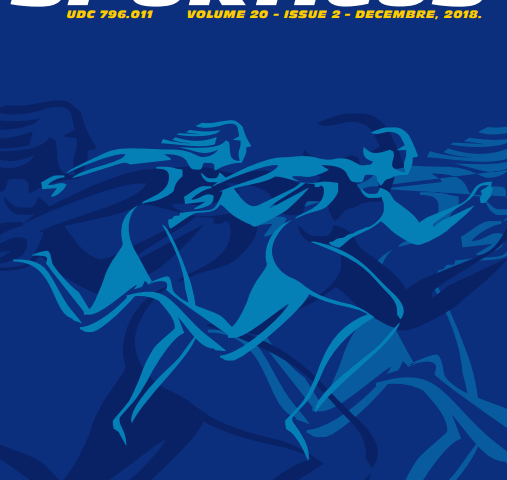Abstract
The aim of this study was to explore the relationship of leisure time physical activity and body mass index with health care utilization in patients treated by family physicians in Sarajevo Canton. The study included 300 respondents (150 of normal weight and 150 overweight/obese). Data concerning socio-demographic characteristics, leisure-time physical activities and utilization of health care were collected using a designed questionnaire. Normal weight and physically inactive respondents compared to normal weight and physically active were 3,5 times more likely to have family practice office visits (95% CI: 1,53-8,01). Overweight/ obese and physically inactive respondents compared to normal weight and physically active were 3,3 times more likely to have family practice office visits (95% CI: 1,80-6,31). Overweight/ obese and physically active respondents compared to normal weight and physically active were 1,8 times more likely to have family practice office visits (95% CI: 1,03-3,29). Our findings suggest that physical activity may compensate, to some extent, for the adverse effects of overweight and obesity and prevent some of the health service utilization associated with overweight and obesity.
Key words: overweight, physical inactivity, family practice, office visits


